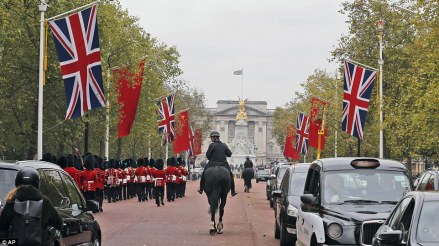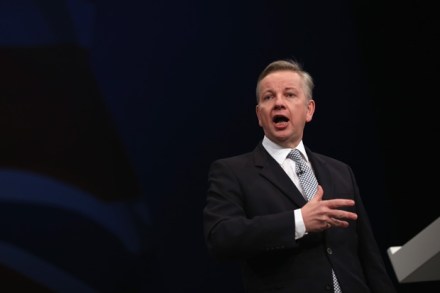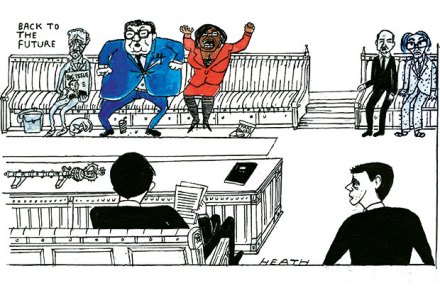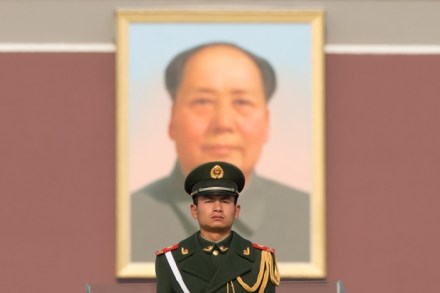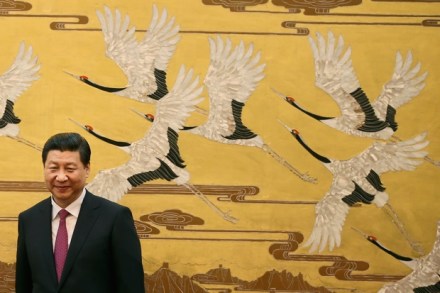China needs Britain more than Britain needs China
When King George III sent the diplomat-statesman Lord Macartney to Beijing in 1793 to meet China’s all-powerful Qianlong Emperor, history was in flux. The Celestial Empire had dominated world trade for two millennia, yet it was in a state of protracted decline. Britain in contrast was a rising superpower on whose empire (to use a term coined by Macartney) the sun ‘never set’. The mission’s task was simple: unveil the latest wares from Manchester, Bristol and Edinburgh – globes, telescopes, weaponry – then wait for a dazzled and covetous audience to open trade routes through northern China. Yet despite pausing lovingly over an ornate clock, the 81-year-old Emperor declined the
